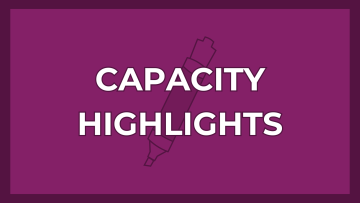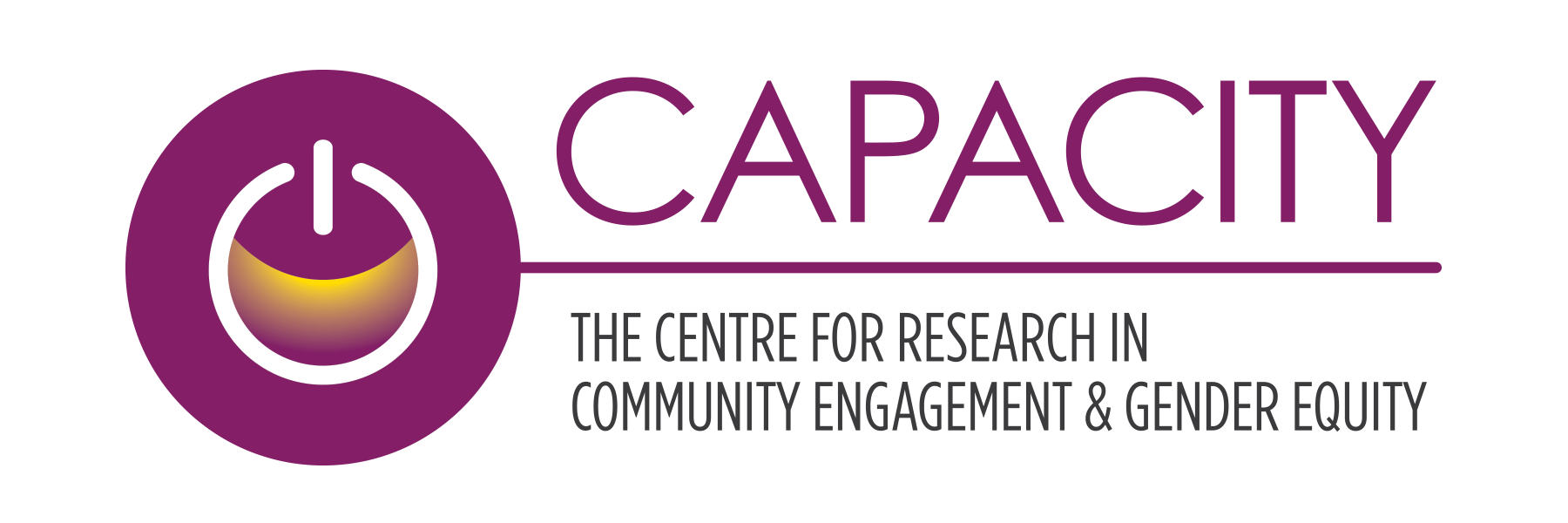Apr. 10 2025 | Navigating fragmented services: a gender-based violence (GBV) critical feminist analysis of women’s experiences engaging with health and social supports in three Canadian cities
Authors: Katherine Rudzinski , Lara F. Hudspith, Adrian Guta, Scott Comber, Linda Dewar, Wendy Leiper, Kim Hawkins, Lady Laforet, Rajwant Raji Mangat, Phoebe M. Long, Ingrid Handlovsky and Vicky Bungay Publication: BMC Public Health Volume: 25 What we know Gender-based violence (GBV) remains a pervasive public health crisis with devastating impacts on women’s health and […]
Opioid-specific harm reduction in the emergency department: how staff provide harm reduction and contextual factors that impact their capacity to engage in harm reduction practice
Authors: Sunny Jiao, Vicky Bungay, Emily Jenkins and Marilou Gagnon Publication: Harm Reduction Journal Volume: 21 What we know Emergency department staff are most directly involved in the care of people who use unregulated substances. As a result, they are ideally positioned to provide harm reduction interventions. Through self-administered staff surveys and one-on-one interviews, we […]
Report: Scaling Up STRENGTH: Adaptation in a Pandemic Context
We are pleased to share findings from the “Scaling Up STRENGTH” Study (Adaptation Phase: March 2020 to May 2023). This report captures the adapting and testing of the STRENGTH model of outreach within a pandemic context in the Downtown Eastside (DTES) neighbourhood of Vancouver.
Co-designing an Outreach Intervention for Women Experiencing Street-Involvement and Gender-Based Violence: Community–Academic Partnerships in Action
We are excited to share this important paper from the STRENGTH pilot project is now published (through open access) and available online.
“How a Canada Research Chair’s community-led outreach model is impacting lives”
On December 6, 2023, the Social Sciences and Humanities Research Council (SSHRC) ) and Canada Research Chairs (CRC) published a research story highlighting the work of Dr. Vicky Bungay in collaboration with community partner co-leads and other team members, both through the STRENGTH and Scaling Up projects…
How an emergency department is organized to provide opioid-specific harm reduction and facilitators and barriers to harm reduction implementation: a systems perspective
Congratulations to PhD candidate Sunny Jiao on this amazing work in the area of harm reduction and healthcare. Read this excellent analysis of policy shaping care in emergency departments.
#HASTalks with Dr. Vicky Bungay: Engaging with Participation, Knowledge, and Power: The Co-Creation of Intervention Research Tackling Inequities in Health and Social Care
Date: March 2, 2023 Time: 2:30 PM – 3:30 PM (ET) Presented by: #HASTalks is a seminar series curated by the Department of Health, Aging & Society at McMaster University Online Session: Register for this event via Zoom *This session is free and open to all members of the public. Please note: This session may […]
KX Spotlight: Co-creating community tailored intervention programs through collaboration and trust
This month the UBC Knowledge Exchange (KX) spotlights the equity-oriented intervention programs and partnerships of Dr. Vicky Bungay and Capacity Research Unit. As director of Capacity Research Unit, Dr. Bungay works in close partnership with communities to close gaps in research and care for people regularly excluded from health and social policy programming, including women […]
Exploring the conceptualization, operationalization, implementation, and measurement of outreach in community settings with hard-to-reach and hidden populations: A scoping review
This research, led by PhD Students Sunny Jiao and Allie Slemon at Capacity, found a lack of clarity across the literature on how outreach is conceptualized, the central elements of outreach, and how the ‘success’ of outreach is empirically measured. Working with Dr. Vicky Bungay and Dr. Adrian Guta, they have led an important piece […]
Gaps in health research related to sex work: an analysis of Canadian health research funding
This new article by Bungay et al explores gaps in health research related to sex work, and concludes that health research funding bodies need to specifically engage with sex work communities and the growing cadre of researchers to establish an evidence informed research agenda to foster the health, safety, and well-being of sex workers locally and across the globe.




